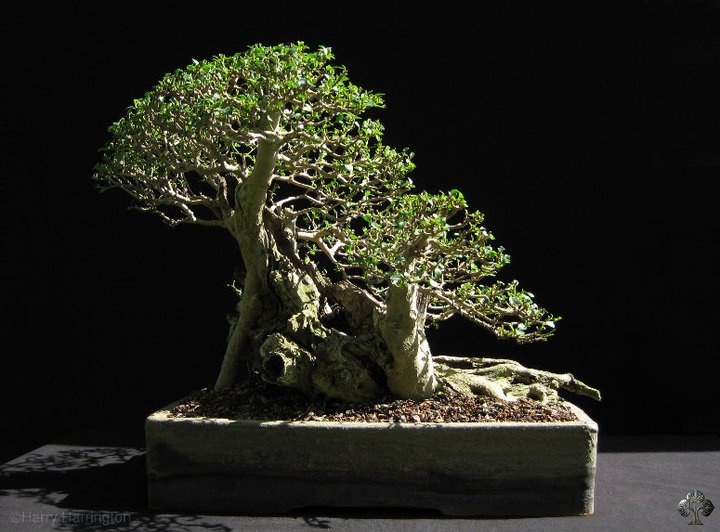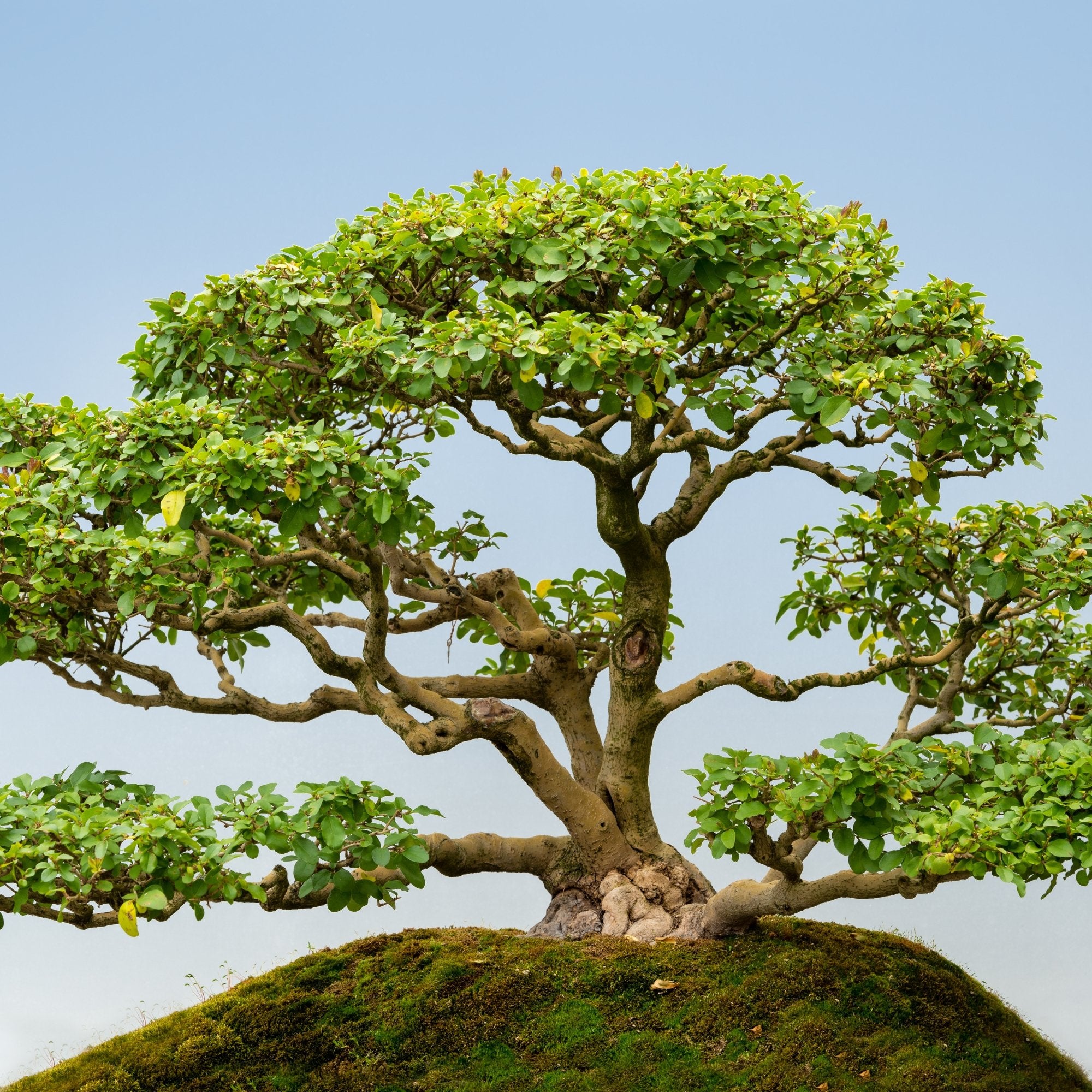Introduction to Privet Bonsai Tree
The Privet Bonsai Tree is a miniature version of the larger privet tree. These tiny trees are popular in bonsai art. They are known for their lush green leaves and easy care.
Origin of Privet Bonsai Tree
Privet trees come from Europe, Asia, and North Africa. They have been cultivated for centuries. The bonsai version is a more recent development. Bonsai artists love them for their adaptability and beauty.

Credit: www.bonsaiempire.com
Types of Privet Bonsai Trees
There are different types of Privet Bonsai Trees. Some of the most popular ones include:
- Chinese Privet (Ligustrum sinense): Known for its small, oval leaves.
- Japanese Privet (Ligustrum japonicum): Has larger leaves and a more robust structure.
- European Privet (Ligustrum vulgare): Features small, dark green leaves.
Why Choose a Privet Bonsai Tree?
Privet Bonsai Trees are great for beginners. They are easy to care for and very forgiving. They can also be shaped in many styles. This makes them a favorite for bonsai enthusiasts.

Credit: bonsai-en.shop
How to Care for a Privet Bonsai Tree
Caring for a Privet Bonsai Tree is simple. Follow these steps to keep your tree healthy and beautiful:
1. Watering
Water your bonsai regularly. The soil should be moist but not soggy. Check the soil daily. Water when the top layer feels dry.
2. Light
Privet Bonsai Trees need plenty of light. Place your tree in a spot that gets at least 6 hours of sunlight a day. If you keep it indoors, a south-facing window is ideal.
3. Temperature
These trees prefer moderate temperatures. They do well in temperatures between 60°F and 75°F. Avoid placing them near drafts or heating vents.
4. Fertilizing
Feed your Privet Bonsai Tree once a month. Use a balanced liquid fertilizer. Follow the instructions on the fertilizer package.
5. Pruning
Pruning is essential for bonsai care. Trim back new growth to maintain the shape of the tree. Use sharp, clean scissors for the best results.
6. Repotting
Repot your bonsai every 2-3 years. This helps to refresh the soil and give the roots more space. Choose a pot that is slightly larger than the current one.
Common Problems and Solutions
Even with the best care, problems can occur. Here are some common issues and how to fix them:
1. Yellow Leaves
Yellow leaves can be a sign of overwatering. Check the soil and let it dry out a bit before watering again.
2. Dropping Leaves
If your bonsai is dropping leaves, it may need more light. Move it to a sunnier spot and see if that helps.
3. Pests
Aphids and spider mites can attack bonsai trees. Use a gentle insecticidal soap to treat the problem.
Interesting Facts About Privet Bonsai Trees
Here are some fun facts about Privet Bonsai Trees:
- Privet trees are often used for hedges and topiary.
- They have small, fragrant flowers that bloom in summer.
- The name “privet” comes from the Latin word “privatus,” meaning private, as they are often used for privacy hedges.
Conclusion
The Privet Bonsai Tree is a wonderful addition to any home. It is easy to care for and very rewarding. With the right care, your bonsai will thrive and bring you joy for years to come.
Frequently Asked Questions
Here are some common questions about Privet Bonsai Trees:
1. Can I Keep My Privet Bonsai Tree Indoors?
Yes, you can keep it indoors. Just make sure it gets plenty of light.
2. How Often Should I Water My Privet Bonsai Tree?
Water your bonsai when the top layer of soil feels dry.
3. How Do I Prune My Privet Bonsai Tree?
Use sharp, clean scissors to trim back new growth. This helps maintain the shape of the tree.
4. What Type Of Soil Should I Use For My Bonsai?
Use a well-draining soil mix designed for bonsai trees.
5. Can I Use Regular Fertilizer On My Bonsai?
It is best to use a balanced liquid fertilizer specifically for bonsai trees.
Additional Resources
For more information on Privet Bonsai Trees, check out these resources:

